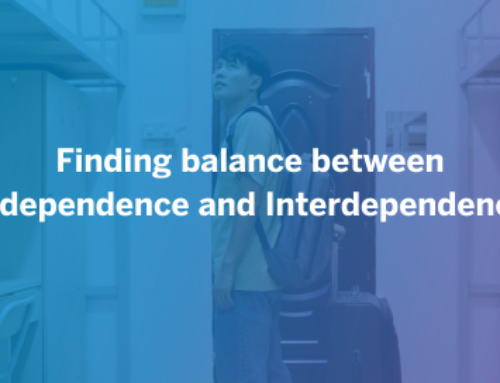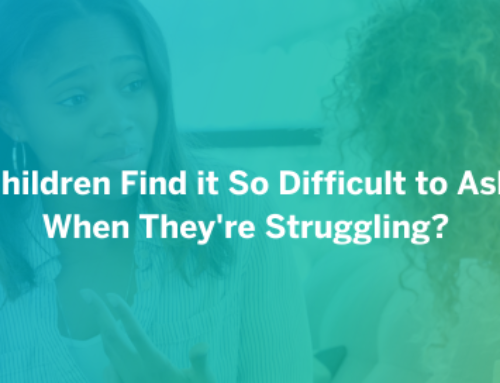
Is it just me, or do you ever hear that nagging voice, too? It’s the voice that’s telling you all the things you should be doing. It sounds something like this…there is still a pile of laundry that needs sorting, the bills need paying, the files from work are piling, dinner needs prepping, and how in the world can my kids possibly think I have time to sit and play Minecraft or work on new hair braids when the world is waiting on me!
There is a secret that stays hidden behind that constant voice that has the power to change your relationship with your kids. The mystery we all have access to but forgo under the cacophony of our to-do lists is profound yet straightforward… silence.
Silencing the constant chatter helps develop mindfulness. It allows us to become calm and focus on what is in front of us. Yogis are not the only ones that have the power to practice this gift. It only takes a few seconds to stop, breathe and become aware of our senses. When we allow ourselves space to feel the silence, we open up the doors to listen, play and find a lasting connection.
Indeed, silence won’t magically make all the items in our list disappear; what it will do is allow us to tackle them in a new light. The more we make room for the everyday moments of connections, the easier and more frequent they will develop into part of our daily routines. As a mother I have found that incorporating an activity helps the silent moments to take form and develop into meaningful moments.
Eating together, for example, can be an excellent opportunity to catch up and talk about the day and other things. We may not manage it every night, but setting aside a couple of times a week can go a long way. My top two favorite times to connect with my son include playing pickleball and taking my dog out to play fetch. We end up having great conversations between the games and watching my pup retrieve the ball. Both actions allow us to stay present, which helps us find quiet time to reflect and connect. The moments that work best with my daughter include fewer physical activities. For example, drawing together helps both of us relax. At times we talk about everything, and sometimes we simply enjoy the silence.
When you set aside these times to bond with your child, you set the stage for acceptance and allow more challenging conversations and topics to transpire. Substance abuse prevention, in particular, starts with self-awareness, especially in our homes. However, alcohol and drugs are complicated topics to discuss. Many parents are reluctant to bring up these subject matters because they feel uncomfortable.
At Living Skills in the Schools (LSIS), the main objective is to reduce and prevent substance abuse by teaching kids the skills and perspective they need to resist substance abuse and addiction. They’ve taken the message they bring to schools and made it accessible for families to utilize in the comfort of their own homes. To help parents navigate these complex topics, LSIS created a family box centered during meal times.
The LSIS Family Box includes a warm meal, conversation cards to help get the conversation started and keep going, a portable video player to watch at the table, and more. It’s a prevention box curated specifically toward connection which is the key to prevention. In my household, we love board games. We often set aside one night a week to play during dinner. Each person in the family takes turns choosing the game every week. On one of these nights, I decided the LSIS box was our “game”. Using the box as the focus allowed us to speak and share openly and honestly without any awkwardness that usually surrounds substance abuse. It made the experience fun and also opened up different discussions on other topics we had never discussed as a family.
When we let our everyday moments slip away in the noisy chaos of life, we end up losing out on the bonding opportunities we all desperately need. The opposite of connection is disconnection, the birthplace of lies, secrecy, shame, and distrust. These days with technology in our pockets beckoning us to answer the constant beeps, pings, and calls for our attention, it is more challenging than ever to find silence. When we take charge and learn to turn off the chattering broadcasts, phones, and constant voices in our heads, we put ourselves in the driver’s seat to be better parents and selves.
Carolina Droze is a LSIS presenter of K-5th programming, freelance writer and copywriter. She is also a mom, wife, surfer, nature enthusiast and a lover of loud music and dancing like she just don’t care.







